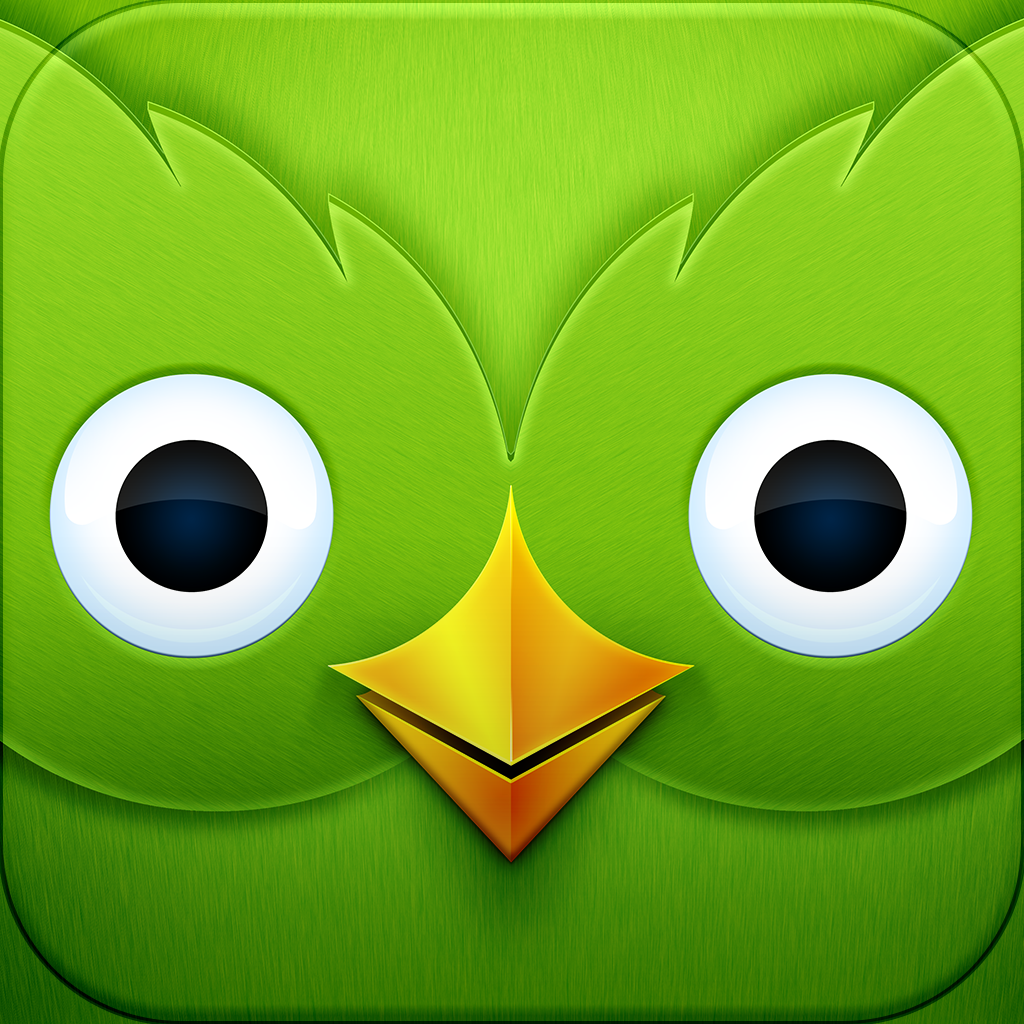
Audible aren't the only ones doing this. The popular language-learning app Duolingo had courses like levels in a game. You had 10 stages, a certain amount of lives, and a score for every level. There's an XP count, a streak counter, but most interestingly there are tests. The game equivalent would be boss fights; a test that accounts for all you have learned up to that point. Learning another language is certainly difficult, but having an XP bar with an app that teaches you Spanish is genius. For a difficult task, you need motivation otherwise you could easily just give it a pass. You need an incentive. Duolingo has that incentive. It feels like you're making progress with every lesson you do.
For us gamers, we know that leveling up is awesome, but there has to be an incentive for leveling up, like in Call of Duty you can unlock new guns or somesuch equipment, or on Dota 2 where you're more likely to pick up rare items. Figure that out: you need an incentive for the incentive, but it makes perfect sense. You can't just keep leveling up with nothing to go on, you need a reward. You have put in loads of effort to reach the next level, so some sort of reward would be necessary.
It really depends on what you're implementing it into. For Duolingo, perhaps you could get little things like a translating pack for every level that you progress too, that translates a word you're stuck on, kind of like a health pack in a shooter. For Audible, if you exceed a certain level, you could get a free book token. Maybe you do, I haven't got that far yet. Level incentives are important for gamifying your application.
Think about all the good it can do on a broader scale. It's already done good for me; I plough through my school work with the same work ethic I use in matches in Dota or dungeons in World of Warcraft, Skyrim, or Torchlight 2. It's something the younger generation is accustomed to; they're familiar with games like Call of Duty or Skyrim that require level grinding. Incorporating this into something like Mental Arithmetic application for a school will really encourage the younger generation into learning. Winston Church said "I am always ready to learn although I do not always like being taught." Maybe gamification will solve this understandable attitude toward learning.

No comments:
Post a Comment